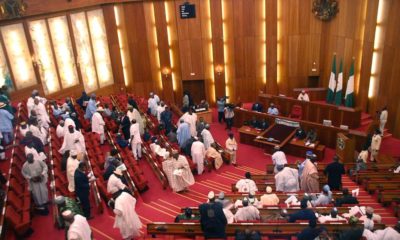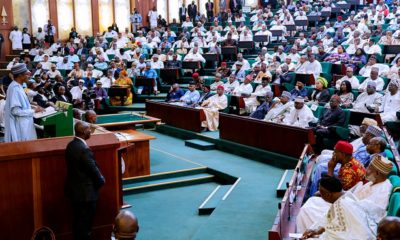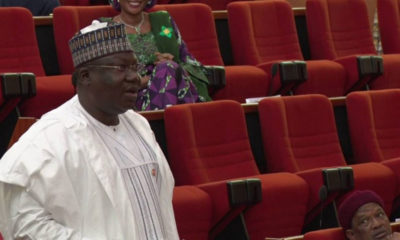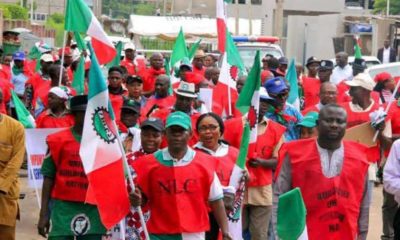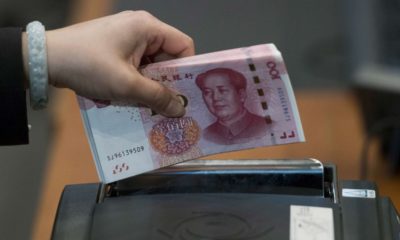- NASS Members Receive, Decry N12.3bn Welcome Package
Members of the National Assembly have been paid their welcome package, including accommodation and furniture allowances.
It was also gathered that some of the lawmakers were not happy because the allowances fell below their expectations.
A credible source in the National Assembly management told our correspondent on Sunday that lawmakers started receiving their allowances and running costs in batches from July 5. The official disclosed that senators were paid over N30m each while Reps received over N25m each.
“The lawmakers have been paid. They were paid on Friday. Members of the House got over N25m each and those in the Senate got over N30m. They were also paid their monthly running costs,” he said.
The Senate and House of Representatives have 109 and 360 members, respectively.
At “over N30m” each, senators have received a total of about N3.3bn while members of the House have pocketed over N9bn, totalling N12.3bn.
Though the amount paid as running costs was not disclosed, a member of the Eighth Senate, Senator Shehu Sani, had announced that each member of the upper chamber received N13.5m monthly. The amount paid to members of the House is said to be slightly lower.
The official however said the amount paid in the Eight Assembly had been maintained for the Ninth National Assembly.
A member of the House of Representatives, who spoke on condition of anonymity, confirmed the payment and the estimated figure quoted by the official.
Giving some details of the payments, he said, “The accommodation (allowance) is about N4m, the furniture allowance is about N3.9m, the car loan is about N7m. Everybody has been paid. The running cost is a normal (monthly) payment.”
When contacted, a member of the House Ad Hoc Committee on Media and Public Affairs, Mr Bamidele Salam, neither confirmed nor denied the payments.
“I have no authority to confirm who has been paid and who has not been paid,” he said.
A member of the House had earlier given an insight into how the allowances were paid to lawmakers.
He said, “When you come as a new member, you are given furniture and accommodation allowances; these will total over N9m. They will give you the money and it is left for you to go and get a house or hotel; nobody will be housed anywhere. You will only be given accommodation and furniture allowance.”
In the Senate, members started collecting their payment on Wednesday last week.
Investigation by one of our correspondents revealed that majority of the first-time senators expressed disappointment after receiving their alerts.
One of the new senators from the North Central geopolitical zone, who spoke on condition of anonymity, told one of our correspondents the amount he received was too small.
He said, “The amount we collected, which included our June salaries and other allowances, is nothing to write home about.
“There is no way we can fund our constituency offices and take care of other important needs, including our own accommodation and mobility.”
The Chief Whip of the Senate, Orji Uzor Kalu, also said some of his colleagues were lamenting their poor pay contrary to their expectations.
He said, “Let me address the issue of jumbo pay. I have received my salary for June and it is far below what you people are writing.
“It is the money we use when we travel to Abia, Lagos, Badagry or Kaduna. You will now see that you are maligning and criticising the National Assembly for nothing.
“Most of my colleagues said they did not know it was going to be like this and I said we came to serve our country as senators.”
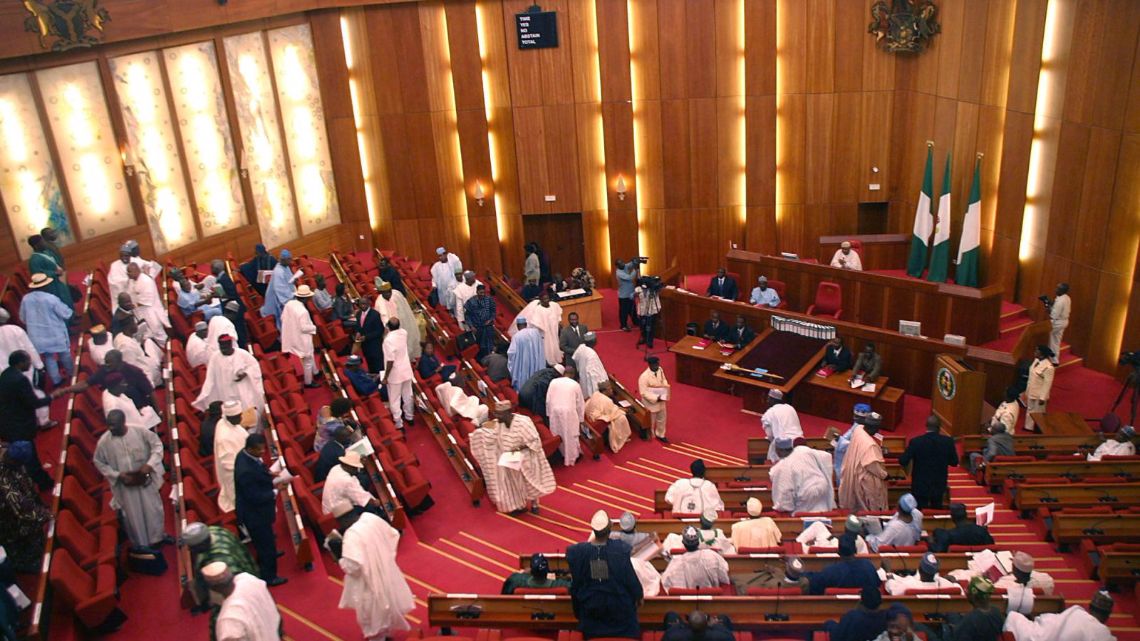

 Forex3 weeks ago
Forex3 weeks ago
 Naira3 weeks ago
Naira3 weeks ago
 Billionaire Watch2 weeks ago
Billionaire Watch2 weeks ago


 Naira3 weeks ago
Naira3 weeks ago




 Naira2 weeks ago
Naira2 weeks ago




 Naira1 week ago
Naira1 week ago




 Naira4 weeks ago
Naira4 weeks ago
 Banking Sector4 weeks ago
Banking Sector4 weeks ago

